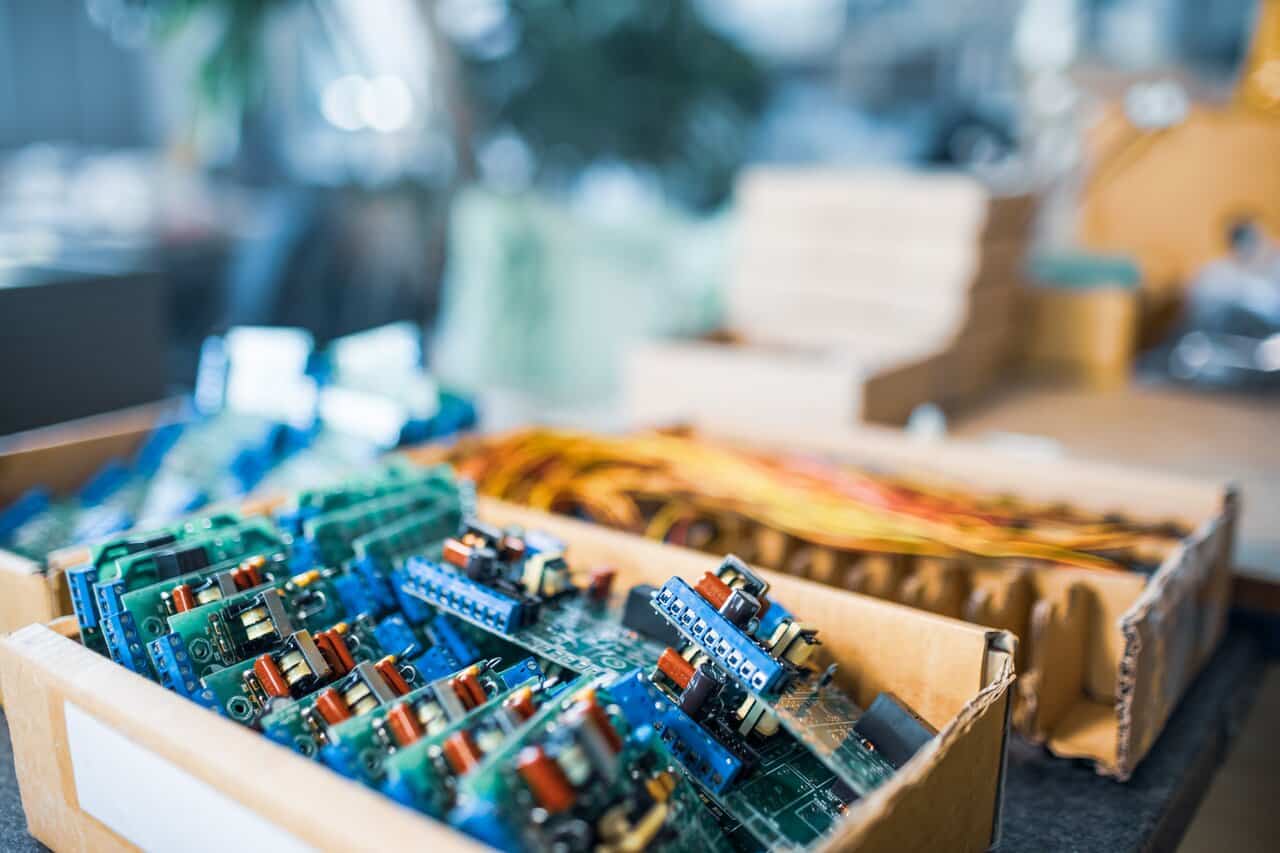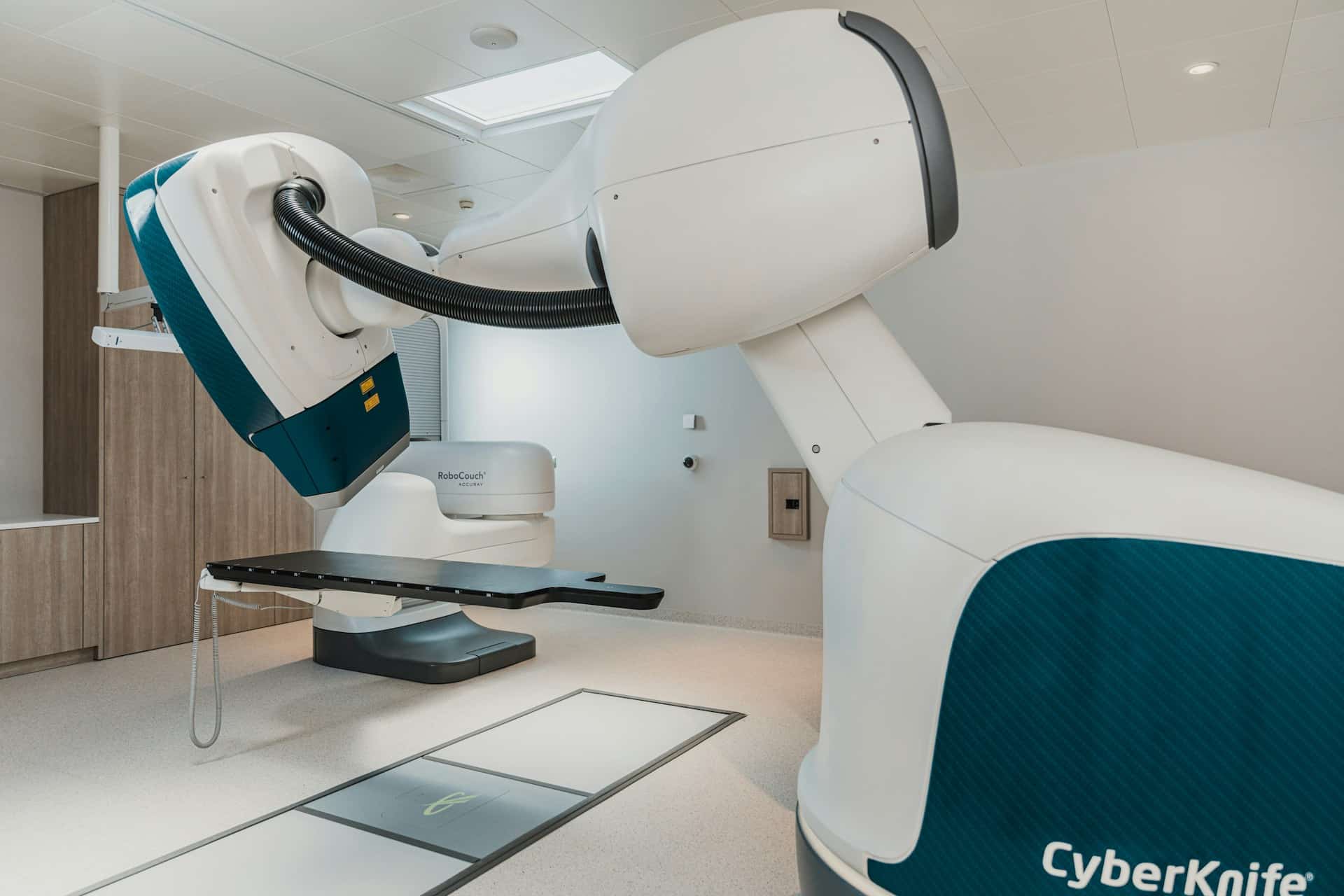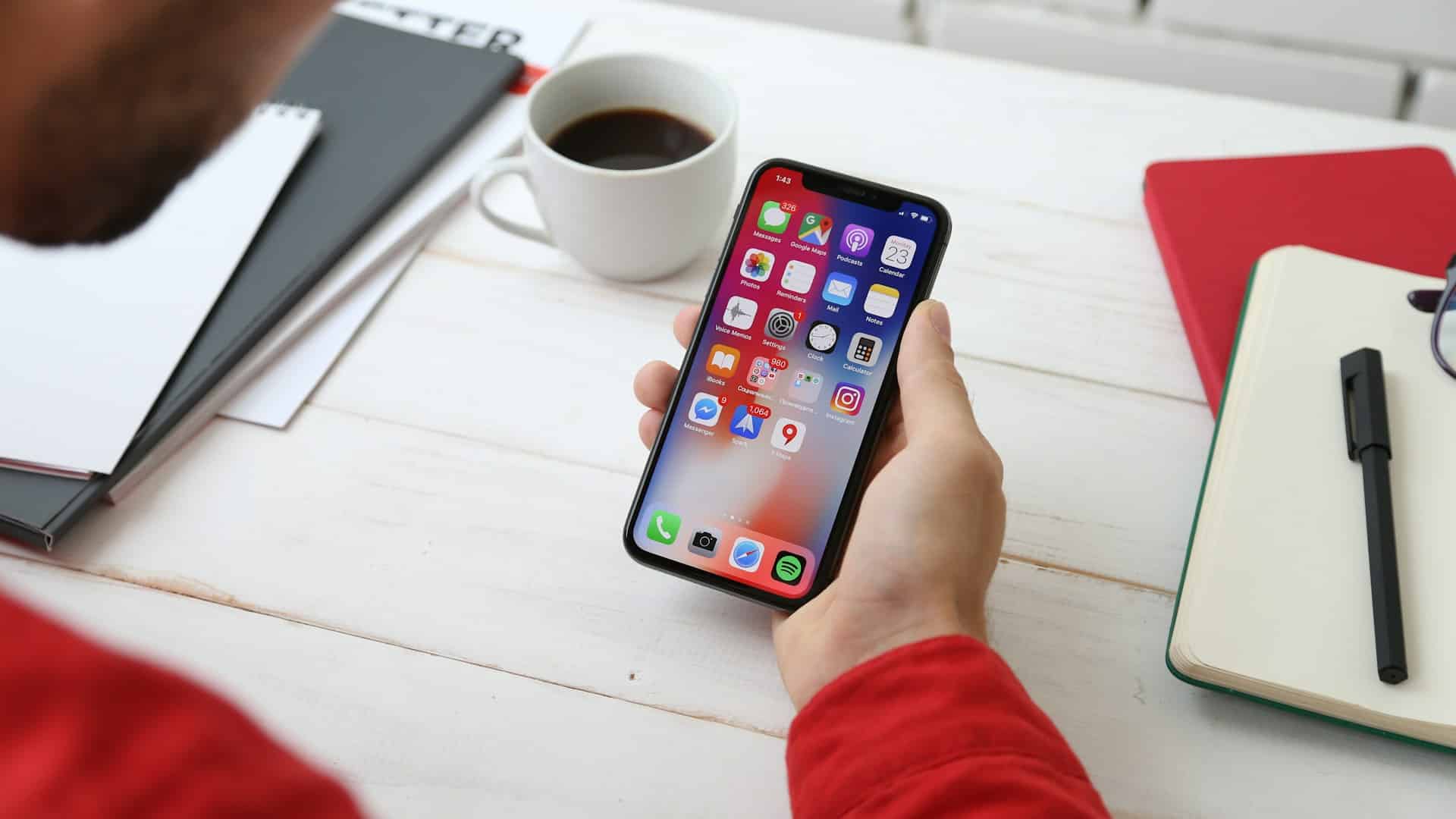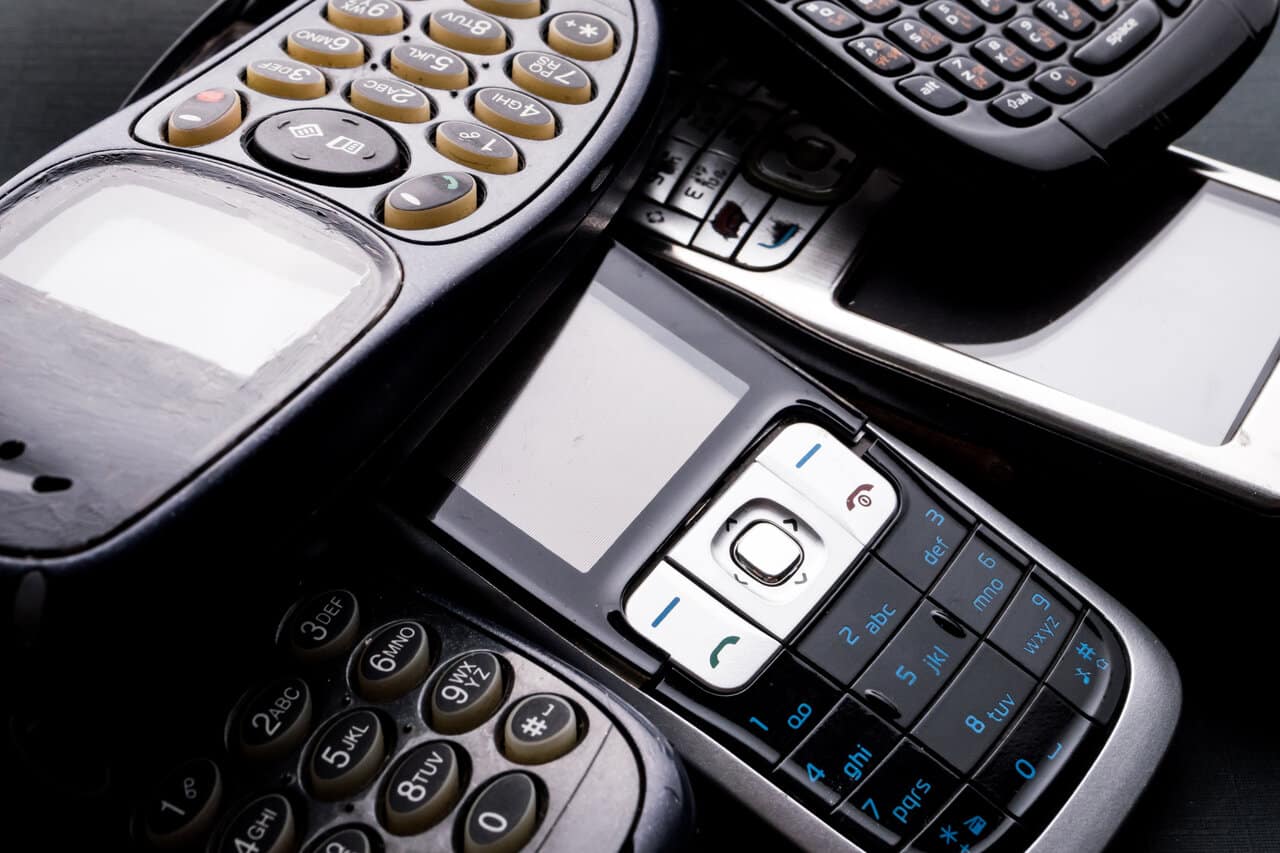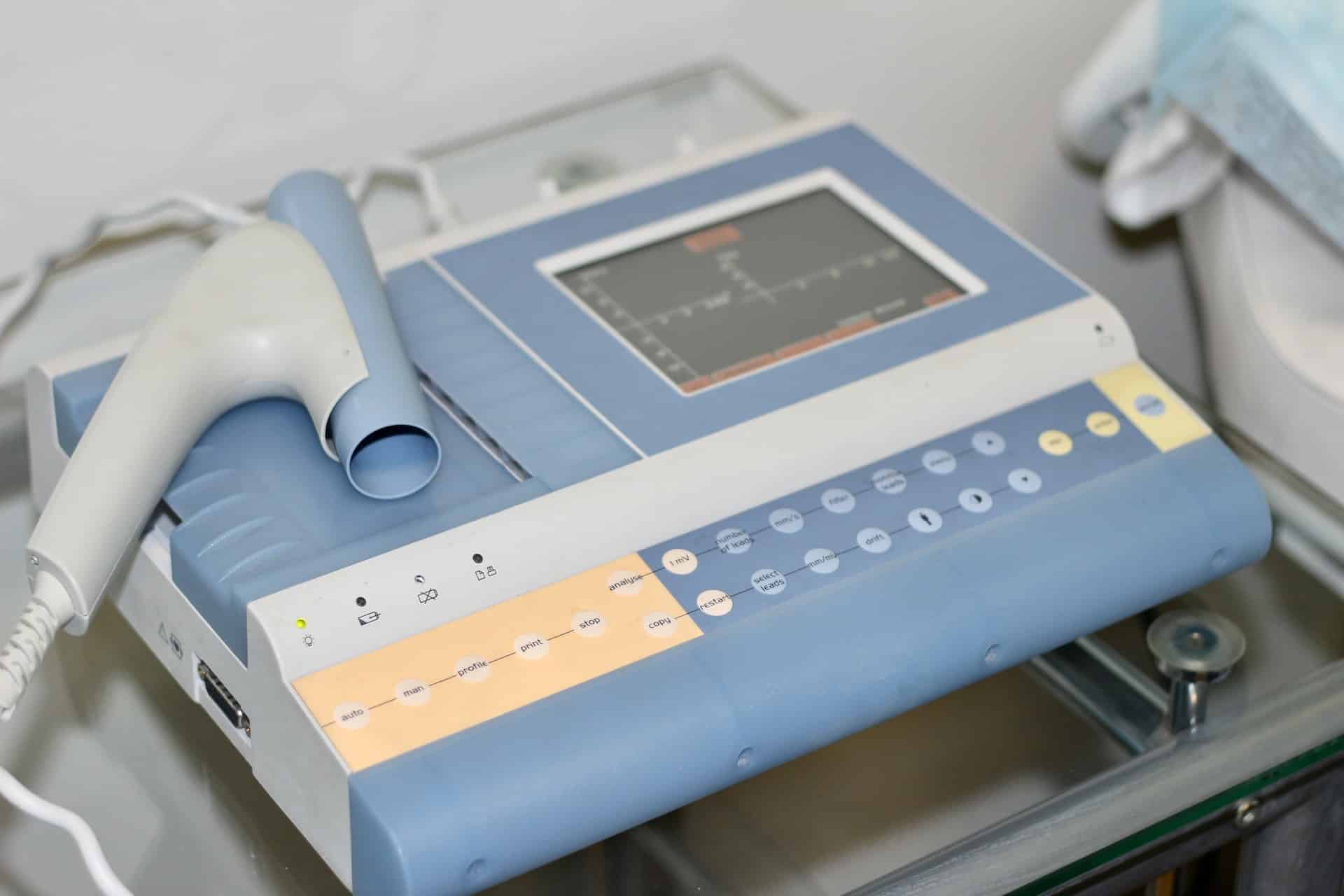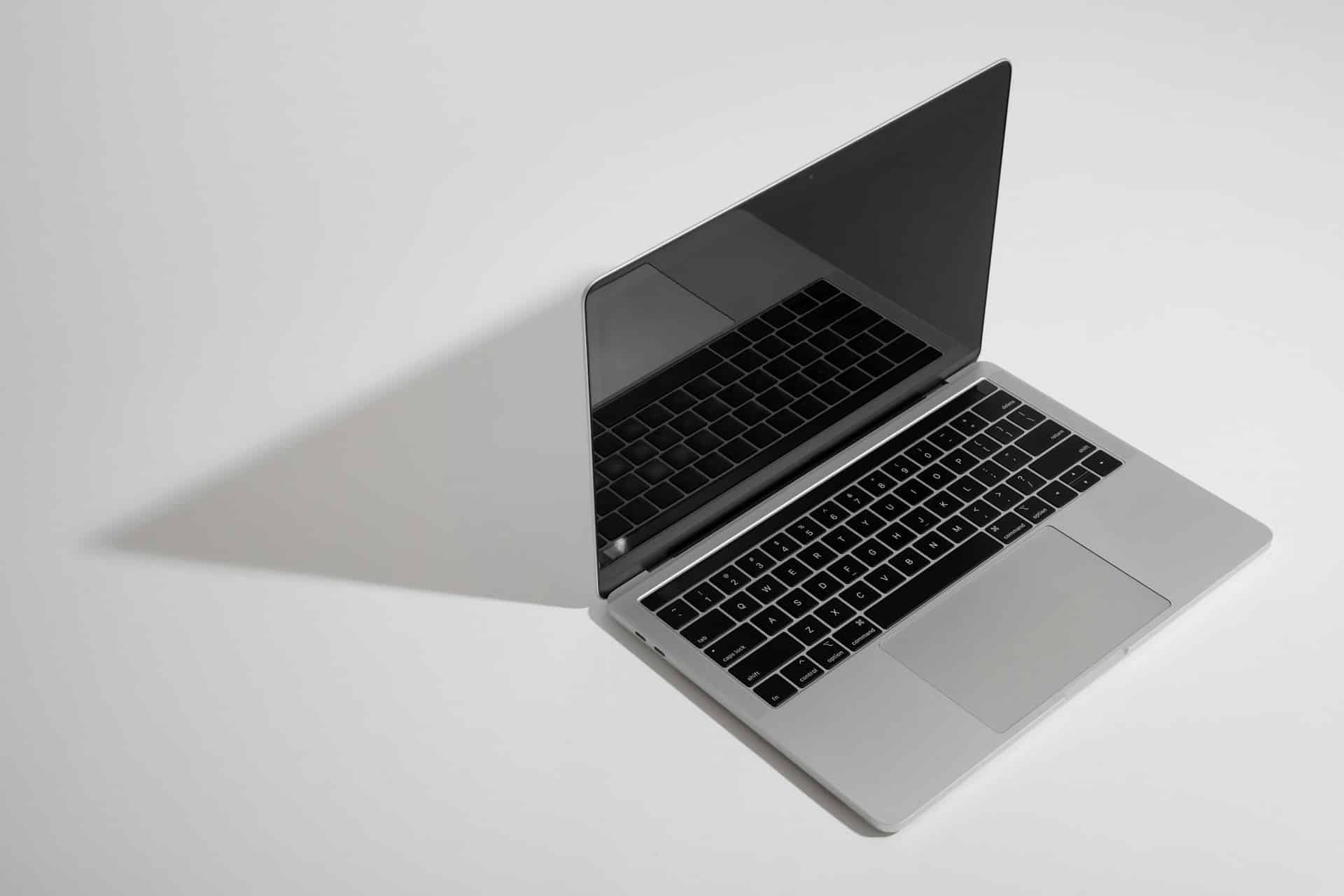
Guidelines for IT Equipment Disposal for Atlanta Businesses
Information technology (IT) plays a critical role in the success of modern businesses, driving efficiency, productivity, and innovation. As technology advances and businesses continuously upgrade
